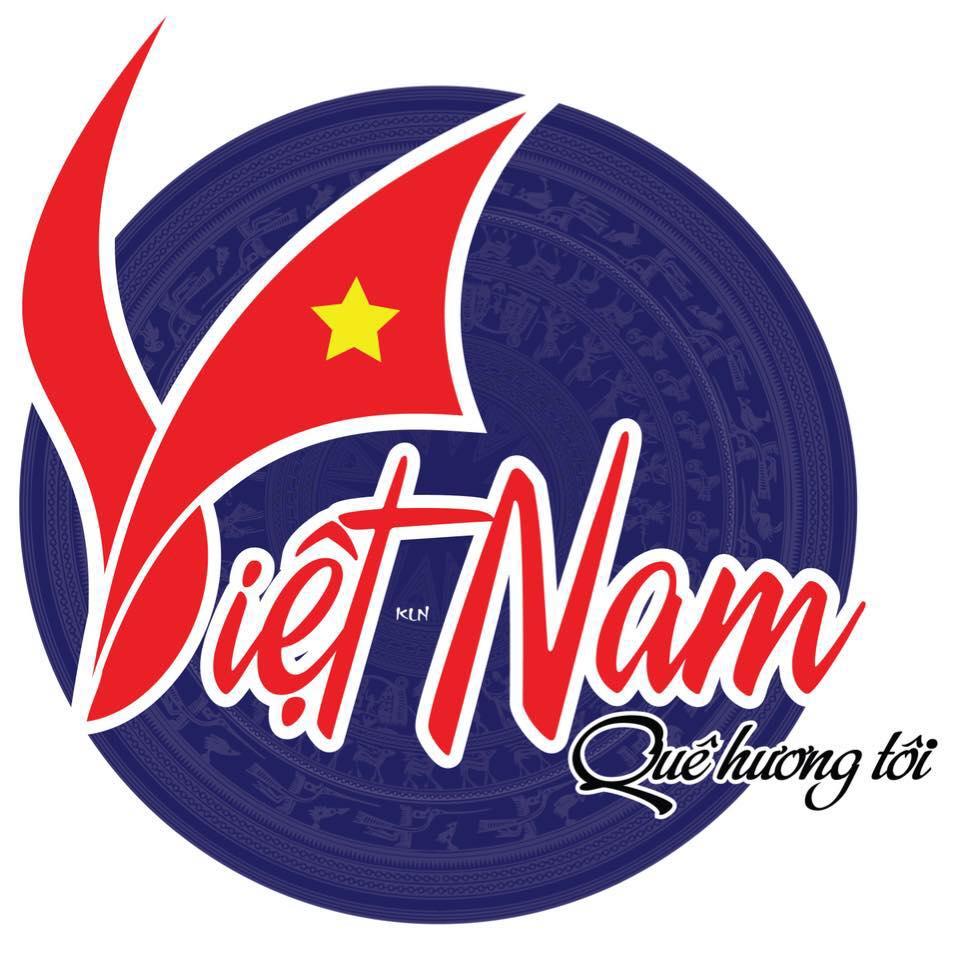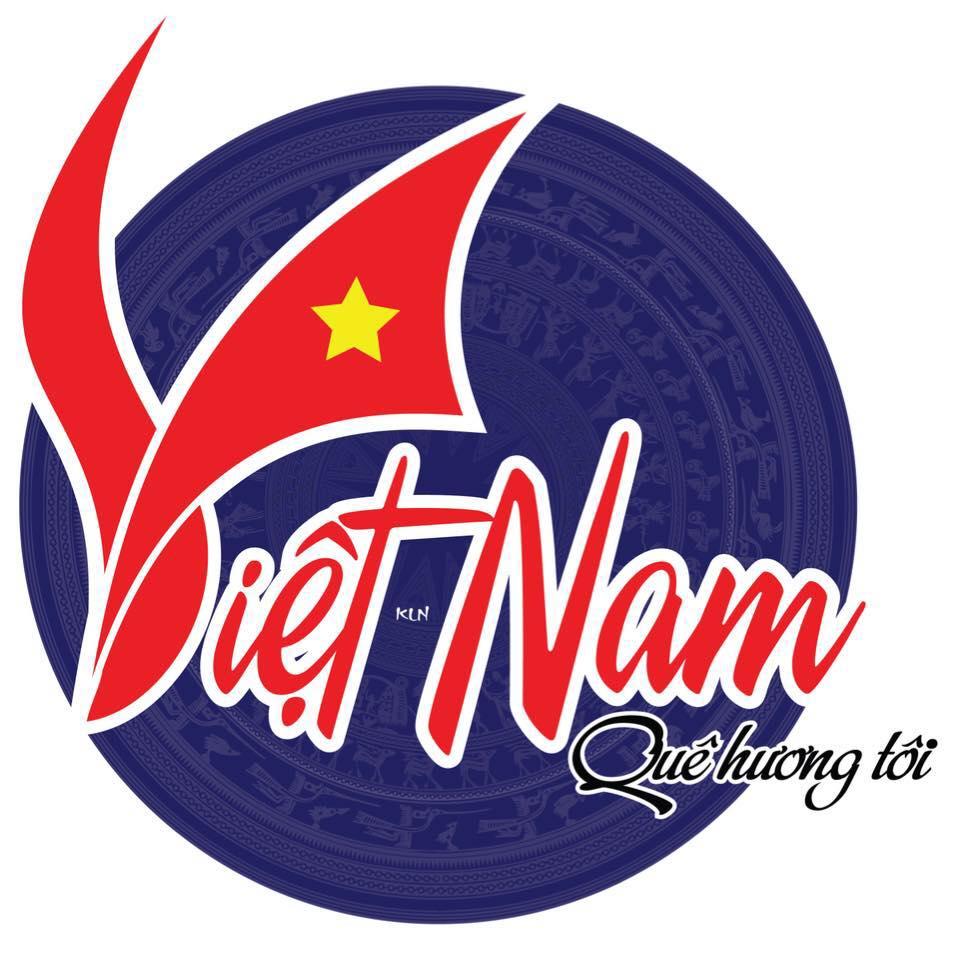Japan CNC Machine Market
Introduction
Japan has long been at the forefront of technological advancement, particularly in the fields of manufacturing and automation. One of the vital components of its industrial backbone is the Computer Numerical Control (CNC) machine market. These machines have revolutionized the manufacturing landscape, enabling precision, efficiency, and flexibility in production processes. The Japanese CNC machine market stands as one of the most mature, technologically advanced, and export-oriented markets globally, with a strong presence of world-renowned manufacturers and robust demand from both domestic and international customers.
This article provides a detailed analysis of the Japanese CNC machine market, including its market structure, key drivers, segmentation, trends, and future outlook.
Market Overview
The CNC machine market in Japan is characterized by its strong foundation in mechanical engineering, electronics, and robotics. Japanese manufacturers such as FANUC, DMG Mori, Okuma, Yamazaki Mazak, and Brother Industries have established global leadership in CNC systems and machining centers. These companies are not only domestic champions but also key exporters, supplying high-precision equipment across Asia, Europe, and North America.
The domestic market in Japan is relatively stable and driven by sectors like automotive, aerospace, medical devices, precision tools, and consumer electronics. As a mature market, Japan experiences consistent demand for technologically advanced CNC solutions, including multi-axis machines, automated systems, and intelligent software integration for smart factories.
Key Market Drivers
Strong Manufacturing Base
Japan’s industrial strength lies in high-precision engineering and manufacturing excellence. The country is home to some of the world's top automotive and electronics companies, which rely heavily on CNC machining for components that demand extreme precision and quality.
Technological Innovation
Japan is known for continuous R&D and innovation. Japanese CNC machine manufacturers have pioneered advanced technologies like AI-integrated CNC systems, IoT-based smart machining, and multi-axis machines that support complex geometries and higher throughput.
Growing Automation Trends
With increasing labor shortages and rising wages, Japanese industries are increasingly adopting automated CNC systems that minimize human intervention while maximizing productivity and accuracy.
Export-Oriented Growth
Japanese CNC machines enjoy strong demand across global markets due to their durability, performance, and technical superiority. Countries across Asia-Pacific, Europe, and the Americas source high-end CNC machines from Japanese manufacturers, fueling the market's growth.
Supportive Government Policies
Government initiatives promoting smart manufacturing, robotics, and Industry 4.0 integration have further strengthened the market. Policies like subsidies for factory automation and digital transformation also encourage SMEs to adopt CNC technology.
Market Segmentation
By Type of CNC Machines:
CNC Lathe Machines: Widely used for precision turning applications. These are the most common type of CNC machines in the Japanese market.
CNC Milling Machines: Popular for tool and die making, mold manufacturing, and heavy-duty applications.
CNC Laser Cutting Machines: Increasingly used in electronics, automotive, and metal fabrication.
CNC EDM (Electrical Discharge Machines): Dominates in high-precision applications such as aerospace and medical devices.
Others: Including CNC routers, grinders, and plasma cutting machines.
By Axis Configuration:
3-Axis Machines: Suitable for basic operations; still common in small workshops and traditional sectors.
4-Axis and 5-Axis Machines: Witnessing growing demand for their ability to handle complex designs and parts with fewer setups.
By Industry Vertical:
Automotive: The largest consumer of CNC machines in Japan, with applications in engine, transmission, and body parts.
Electronics & Semiconductors: CNC machines are critical in fabricating precise components used in electronic devices.
Aerospace: Requires ultra-precision parts with complex geometries.
Healthcare & Medical Devices: Demand for CNC in surgical tools, implants, and diagnostic equipment manufacturing is increasing.
General Manufacturing: Includes precision tools, molds, industrial machinery, and consumer products.
Market Trends
Integration with Industry 4.0
Japan's CNC machine market is rapidly moving toward digitized, connected, and intelligent manufacturing. CNC machines are now equipped with real-time monitoring, predictive maintenance capabilities, and cloud-based control systems.
Miniaturization and Micro-Machining
With the boom in micro-electronics, MEMS, and medical implants, there is a growing trend toward miniaturized CNC equipment capable of ultra-fine cutting and precision.
Green Manufacturing
Japanese manufacturers are innovating CNC machines that consume less power, generate less waste, and use eco-friendly coolants and lubricants.
Adoption of Additive and Hybrid Manufacturing
Hybrid CNC machines that combine subtractive and additive manufacturing are gaining interest. Japanese companies are exploring technologies that merge 3D printing with traditional CNC milling.
Reshoring and Domestic Resilience
In the wake of global disruptions like the COVID-19 pandemic and supply chain risks, there is a renewed focus on strengthening domestic manufacturing through automation and CNC upgrades.
Competitive Landscape
Japan’s CNC machine market is highly competitive and consolidated, with a few major players holding a substantial market share. Companies such as FANUC, Yamazaki Mazak, and Okuma have strong R&D capabilities, global distribution networks, and a diversified product portfolio. These companies continuously invest in automation, software integration, and service enhancements to maintain their market leadership.
Smaller players and startups are also emerging, particularly in niche areas like software-driven CNC systems, cloud-based CNC monitoring, and energy-efficient machines. Collaborative ventures between machine builders and software firms are increasingly common.
Challenges
Despite its strengths, the Japanese CNC market faces a few challenges:
Aging Workforce: With a declining population, the manufacturing sector struggles with labor shortages, driving urgent demand for automation and skilled workers.
High Cost of Machines: The upfront investment in high-end CNC machines and maintenance costs can be a barrier for SMEs.
Global Competition: Emerging economies with lower-cost machines pose competition, especially in price-sensitive markets.
Future Outlook
The future of the CNC machine market in Japan looks promising, driven by innovation, quality demand, and global reach. The market is expected to evolve rapidly with technological integration, greater automation, and increased focus on customization and data-driven production. With initiatives promoting digital manufacturing and a culture of precision engineering, Japan will likely retain its position as a global CNC powerhouse.
In the next decade, the market is expected to witness:
Expanded use of AI-driven CNC programming
Greater adoption in renewable energy and EV component manufacturing
Rise in remote diagnostics and virtual machine controls
Growth of smart, compact, and modular CNC systems for flexible manufacturing
Conclusion
Japan's CNC machine market exemplifies a perfect blend of tradition, technology, and transformation. With a strong industrial base, innovation-driven culture, and a global customer network, the market is positioned for sustainable growth. As digitalization deepens and new application sectors emerge, Japanese CNC machines will continue to shape the future of advanced manufacturing both domestically and globally.


